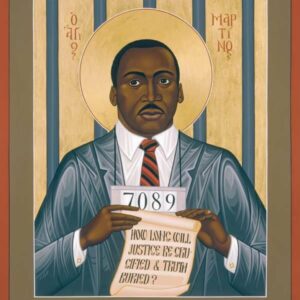What Does (or Might) It Mean to Forgive?
(This is the third in a series of reflections on Simon Wiesenthal’s The Sunflower.) In his response to The Sunflower, Rabbi Arthur Waskow wishes to ask the Nazi in the story, “What would it mean for me to “forgive” you?” It is a key question. Before any considerations of whether Simon Wiesenthal “should” have forgiven the dying[…]


